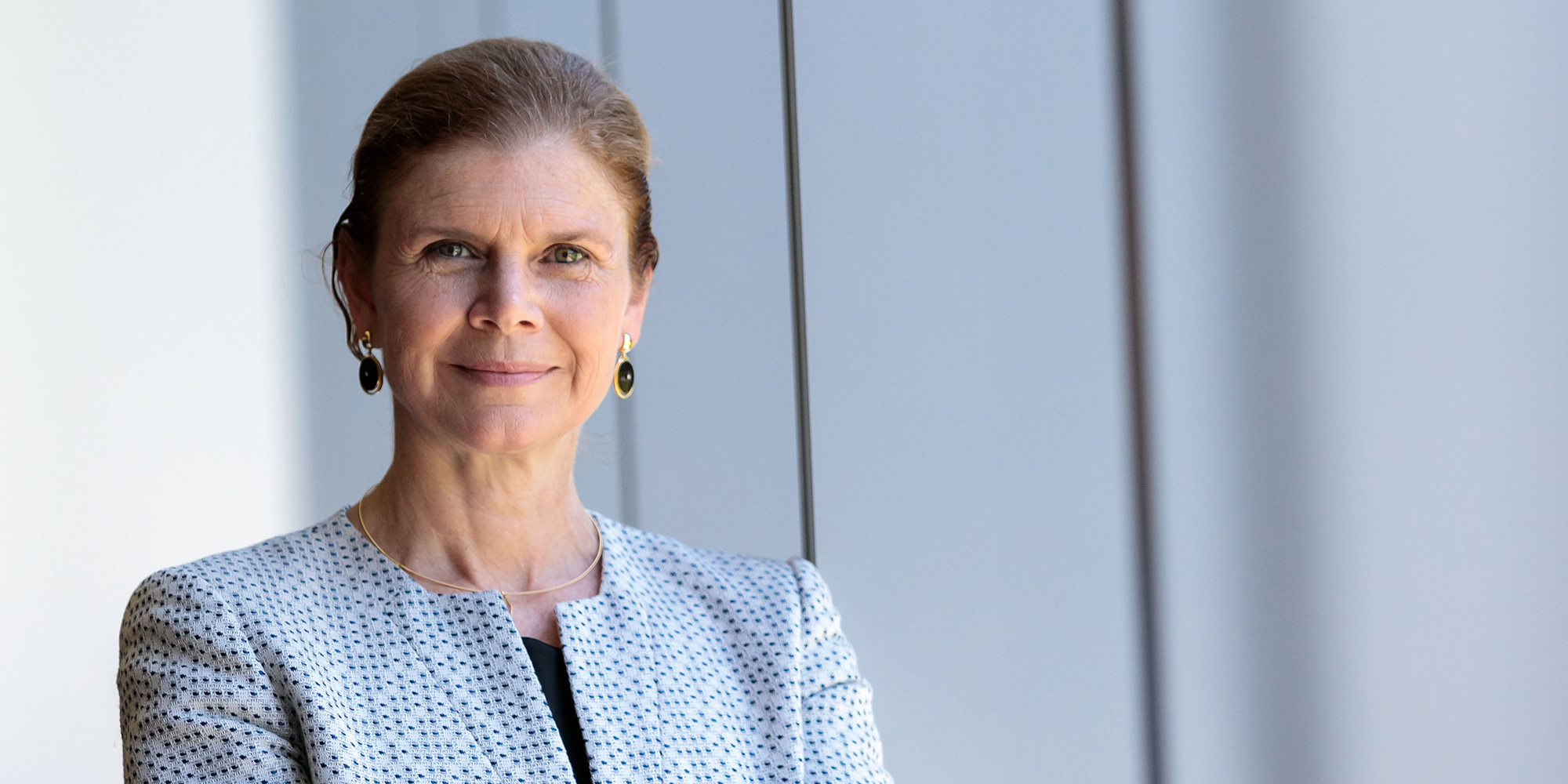
(Photography by John Zich)
A note from the dean of the Physical Sciences Division.
At the University of Chicago, interdisciplinary research between physical, biological, and medical sciences is leading to life-changing scientific and technological breakthroughs. In the Physical Sciences Division we have a physicist “squishing” cells to study force (“Living Matter”). We have a geophysical scientist taking to the seas and lakes to plumb microbial diversity and evolution (“Small Bugs in Large Ponds”). And we have a computer scientist using electrical muscle stimulation—the kind employed for physical therapy—to build musical skills and empathy (“Instrumental”).
Scientists, physicians, and engineers at the University are working together to improve the way we live, approaching research from all directions. Many people view scientific fields as part of a pipeline leading from fundamental research to practical application: math to physics, physics to chemistry, chemistry to biology, biology to medicine. But science isn’t so linear.
For the physical and mathematical sciences, adding life to the equation isn’t simply the next step. It can create new “building blocks that don’t exist in physics,” according to biophysicist Margaret Gardel, inspiring novel scientific fields and technologies. Science is a feedback loop, with discoveries framing brand-new questions and catalyzing work in other fields.
Seeing where projects intersect, how breakthroughs might seed new subfields, often happens serendipitously. This is why PSD spaces are designed with exchange and dynamics in mind. Chemists and biophysicists commingle in the Gordon Center for Integrative Science. Astrophysicists and molecular engineers brush shoulders in the Eckhardt Research Center—perhaps sharing a cup of coffee in the Quantum Café. And any scientist visiting the John Crerar Library can’t help but notice the new Center for Data and Computing, an incubator for multidisciplinary data science and artificial intelligence inquiry that fuses fundamental and applied research.
Perhaps an incubator is an apt descriptor for UChicago’s science sphere: a safe environment at the ideal temperature with abundant resources to nurture growth.
